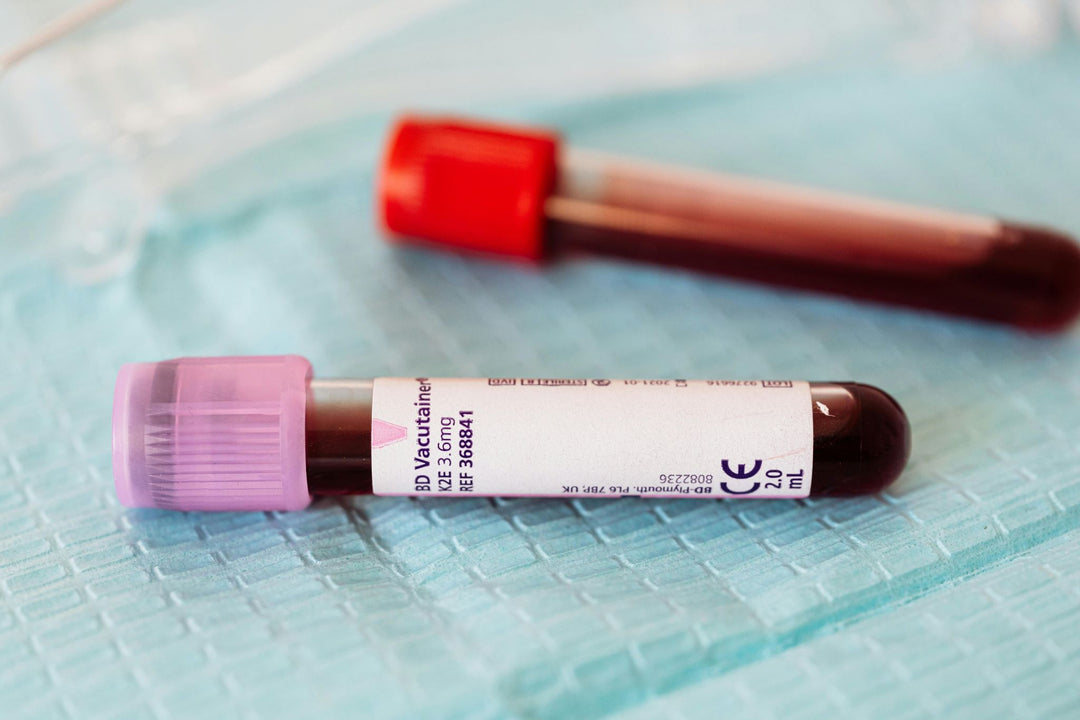Mycoplasma genitalium - A small bacterium with a big impact
Mycoplasma genitalium is one of the smallest bacteria that can be sexually transmitted and infect the urinary and reproductive organs. These microscopic organisms often cause infections such as urethritis in both men and women. Due to their small size and the ability to develop resistance to certain antibiotics, treating Mycoplasma genitalium infections can be very complex.
Symptoms and Diagnosis
The symptoms of urethritis caused by Mycoplasma genitalium resemble those of other forms of urethritis. In men, the inflammation manifests as burning during urination, discharge from the urethra, and occasional itching in the genital area. In women, symptoms may be more subtle, including discharge, mild pain during urination, and irregular bleeding outside of menstruation.
Diagnosing a Mycoplasma infection requires specific tests. Home tests for urethritis are available on the market but may also provide inaccurate results. It is advisable to consult a doctor in any case who can provide an accurate diagnosis. A urine test or swab can reveal the presence of Mycoplasma genitalium.
Treatment
Treating Mycoplasma infections can be challenging as the bacteria are often resistant to common antibiotics. If conventional antibiotic therapy is not effective, the doctor may prescribe alternative antibiotics targeting the specific infection. It is crucial to complete the prescribed therapy fully to avoid relapses and limit the development of antibiotic resistance.
Home Remedies and Over-the-Counter Medications
For acute urethritis, some home remedies can help alleviate symptoms. Drink plenty of water to flush the urinary tract and avoid irritating substances such as alcohol and spicy spices. Over-the-counter pain relievers can temporarily alleviate pain. However, it's important to note that these measures do not eliminate the infection but only provide symptom relief.
Prevention is the Best Medicine
The best protection against a Mycoplasma infection is practicing safe sexual behavior. Use condoms during sexual intercourse to reduce the risk of sexually transmitted infections. Regular check-ups can help detect and treat infections early. Overall, it's crucial to seek professional medical help if there's suspicion of a sexually transmitted infection. A doctor can make the correct diagnosis and prescribe appropriate treatment to avoid complications and protect the individual's health.



















